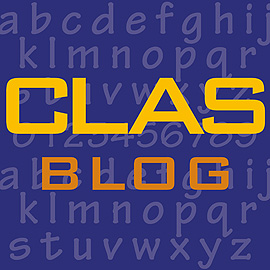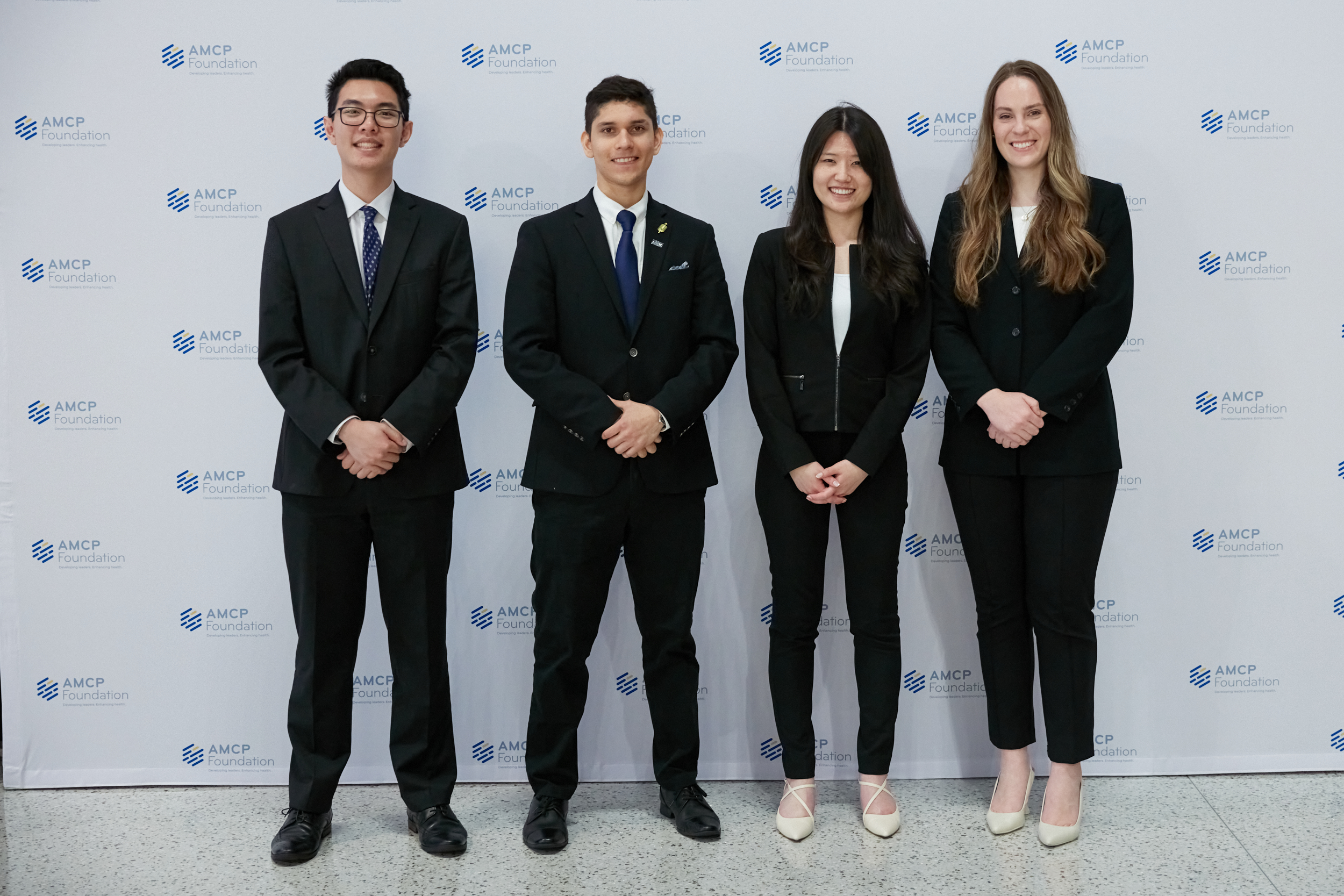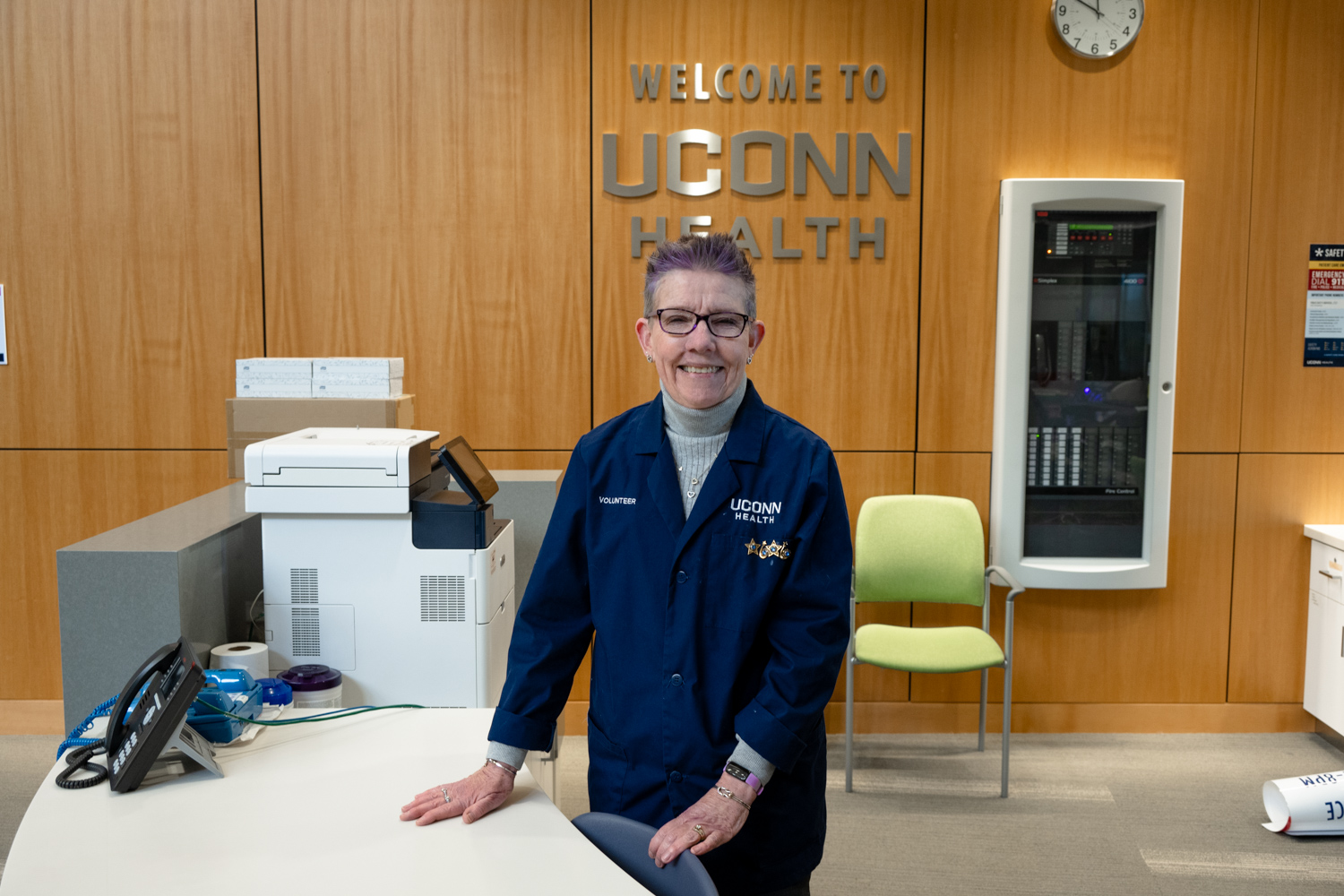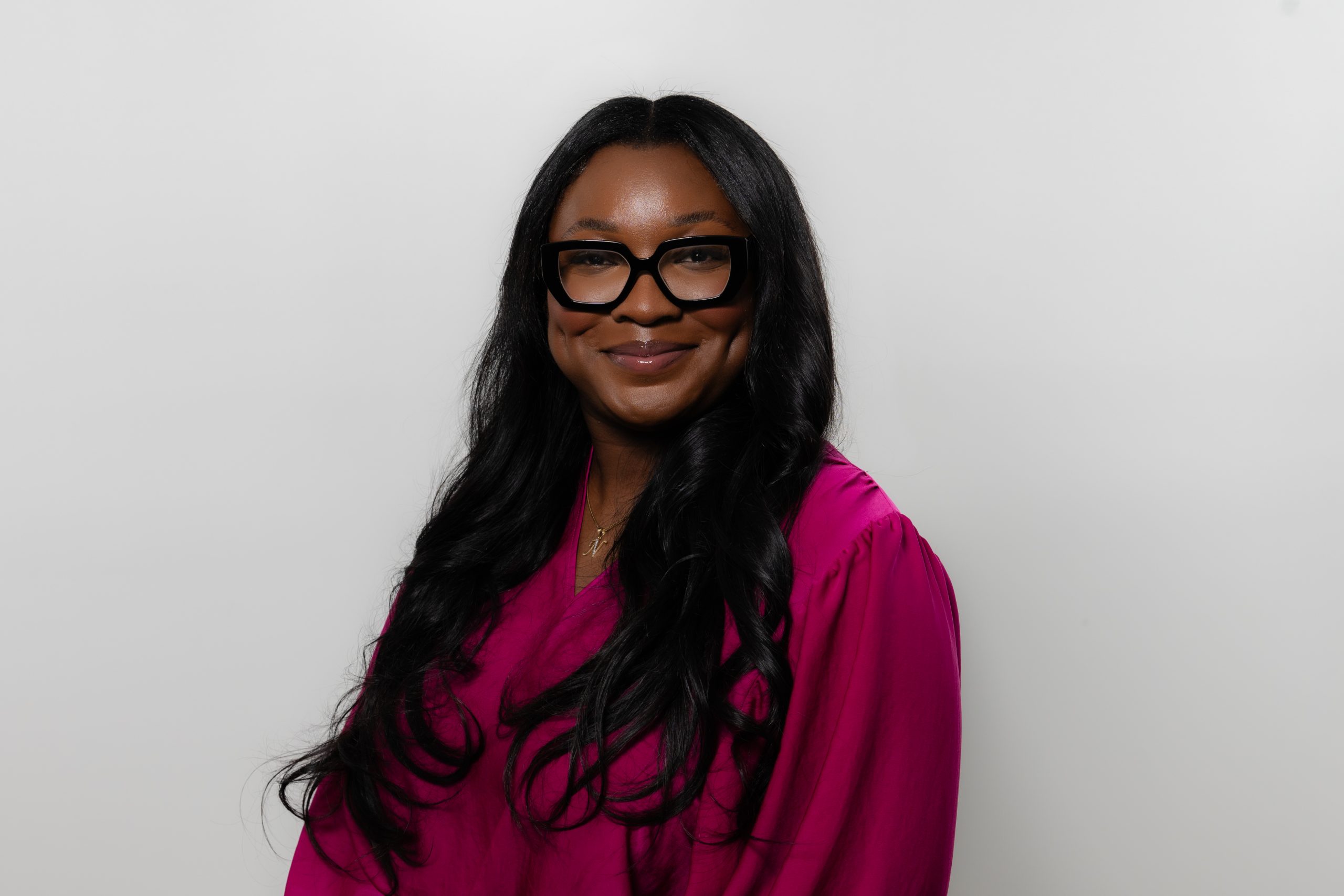
Broad open records laws are worth the inconvenience, but the information they yield must be treated responsibly by the public.
By Jeremy Teitelbaum, Dean
College of Liberal Arts and Sciences
“Don’t put anything in email you wouldn’t want to see on the front page of the newspaper” is one of the earliest pieces of advice I received when I began to have significant responsibility as an administrator. For someone whose fingers are sometimes just a bit too quick to respond to the incoming flow of messages, this is hard advice for me to take. Still, while the knowledge that my university email is subject to Freedom of Information Act requests may sometimes cramp my style, I willingly accept the basic principle that when I’m acting in my role as a university official at a state institution, the public has a legitimate interest, enforceable by law, in reviewing my communications.
Recently the same laws that allow journalists and members of the public to review my email have been applied by political groups to review the email of faculty members who do not hold significant administrative positions. After University of Wisconsin History Professor William Cronon wrote a blog analyzing the roots of the legislation in Wisconsin that, for all practical purposes, ended public employee collective bargaining rights, the Wisconsin Republican Party filed a request with the University of Wisconsin to examine all of his email that contained a host of keywords relevant to the legislation, Governor Walker, and the recall efforts being mounted against some state senators. Within a couple of weeks, a conservative research group in Michigan filed a request for emails from professors at several Michigan universities.
 “Academic freedom!” were the first two words that entered my mind when I heard of these events, “surely this is a violation of academic freedom.” After stewing about it for a couple of days, I decided to look at the AAUP statement on academic freedom and see what it had to say about this. According to that famous document, academic freedom has three components: Faculty members are entitled to freedom in research and publication; freedom in teaching their subject; and freedom to speak publicly in their role as citizens.
“Academic freedom!” were the first two words that entered my mind when I heard of these events, “surely this is a violation of academic freedom.” After stewing about it for a couple of days, I decided to look at the AAUP statement on academic freedom and see what it had to say about this. According to that famous document, academic freedom has three components: Faculty members are entitled to freedom in research and publication; freedom in teaching their subject; and freedom to speak publicly in their role as citizens.
Now, subjecting a faculty member’s emails to open records requests is hideously inconvenient, because many of the routine topics of such emails are formally protected by other privacy laws or are entitled to some consideration of privacy for professional reasons. Complying with an open records request means someone has to do a lot of work reviewing the emails to make sure that these considerations are honored. And all that work costs money, eats up the time of the faculty member, and leads to the university hiring additional staff whose job has nothing to do with teaching or research.
But wasting time and creating inconvenience are not violations of academic freedom. The threat to academic freedom comes not from the publication of email itself, but rather by the use to which the information gathered is ultimately put. When groups with an interest in discrediting climate science gained access to emails among a group of climate scientists, they picked particular phrases out of the correspondence to argue that climate change was a conspiracy, not science. In fact, those emails represented the free-flowing exchange of ideas and information among people who didn’t always express themselves in the most dignified or clear terms. The wholesale misinterpretation and abuse of the content of these so-called “climate-gate” emails to discredit climate science is an example of the misuse of such information, and threatening the careers of scientists on the basis of such misinterpretation is a clear violation of freedom in research.
It seems pretty clear that the groups making these open records requests of faculty members hope to find something in the professors’ emails that is improper or embarrassing and that their basic motivation is to score political points. But we have to acknowledge that certain valuable rights carry an associated cost in potential abuses, and there’s no doubt in my mind that the right, under open records laws, to examine the behavior of government officials – and yes, university administrators – to ensure accountability and transparency of critical institutions is one of those rights that is worth maintaining, even when it can have uncomfortable side effects.
Along with the right to read emails of public officials and university professors, we as a society accept a responsibility not to exploit those laws to score points. We should also remember that most people writing emails aren’t following the advice I was given – they’re not really expecting their emails to appear on the front page of the newspaper. These days, email represents such an important and widely used communication channel that every large collection of email messages will certainly contain infelicitous language, misstatements, and even the occasional unfortunately rude or improper comment. We should not stand for it when people with an agenda attribute malice or conspiracy to simple human conversations.
In the long run, we’re better off with more transparency, rather than less. As Stewart Brand said, “information wants to be free.”
Comments? Send them to: dean@clas.uconn.edu
The College of Liberal Arts and Sciences has 23 departments in the sciences, humanities, and social sciences, ranging from physics to philosophy, and more than 15,000 students, 600 faculty, and 83,000 alumni. Check out our three initiatives: Health and Human Behavior, the Environment, and Culture and Society.
Other CLAS Blog posts:
A Step Closer to Science Fiction?
Ambition and Intrigue in the Court of Henry VIII
A Civil Conversation on Contentious Issues
Meditations on A(nother) Snow Day
Coming to Grips with Climate Change
Ideas – The Psychological Currency of the University
Will ‘Crowdsourcing’ Revolutionize Scholarship?
Citizenship, Marriage, and Mosques: Problems in the Applied Humanities
Of Deans and English Professors
UConn Over Yale and Other Tales from Jim Draper ’41


